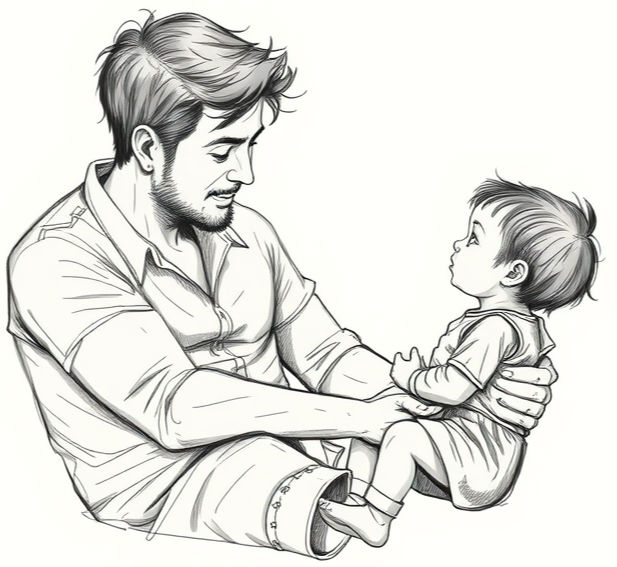Authenticity and Vulnerability: How systemic change can come from within
- Chris Passey

- May 16, 2025
- 2 min read
We believe that the synergistic relationship between equity, diversity, and vulnerable leadership can lead to more effective and compassionate educational environments. We wish to explore the intersection of EDI with authentic and vulnerable educational leadership: in so doing we propose that this integrative approach has the ability to profoundly impact school culture and outcomes. Self awareness, transparency, accountability and ethical conduct align seamlessly with the principles of EDI, helping leaders to foster an environment where all members of the school community feel empowered and valued.
In an authentic leader, you will find a person who embraces their vulnerability and are therefore more likely to engage in reflective practices that give opportunities to challenge their own biases and assumptions thereby promoting a more inclusive atmosphere. We will propose an evidence-informed tool that can help leaders and others access this type of metacognition because when we admit our limitations and learn from our mistakes, we set a powerful example for colleagues and students alike demonstrating that growth and learning are ongoing processes; such vulnerability has the potential to dismantle hierarchical and prejudicial barriers, encouraging open dialogue and collaboration between diverse groups.
But EDI, specifically in education, extends beyond mere representation; these principles involve creating structures, practices and habits that support the success of all, and especially those from marginalised communities. Subsequently, we think that leaders who prioritise equity are actively working to identify and eliminate systemic barriers that impede the achievements and outcomes of students and staff alike. Such actions require a deep, professional commitment to understanding the unique challenges faced by our wonderfully diverse groups; closing your mouth and opening your ears.
We believe that vulnerable leadership - very specifically in this context - involves the growth and development of courage and contextual knowledge to confront and address issues of inequity head-on. It requires us to listen to the experiences of diverse and marginalised groups and to actively advocate for policies and practices that not only promote fairness and justice, and thereby fostering a more inclusive environment, but to ultimately cultivate and nurture a culture of trust and respect.
Feeling seen, heard and respected are the transformational results of such authentic and vulnerable leadership styles; we need to be inclusive and reflective at the same time, actively being self-aware enough to identify prejudice within ourselves before highlighting it in others. If leaders foster this sense of belonging, we believe it will empower everyone to reach their full potential.


.png)



Comments